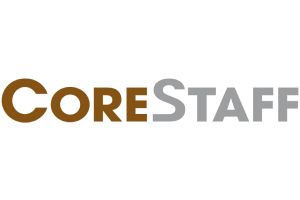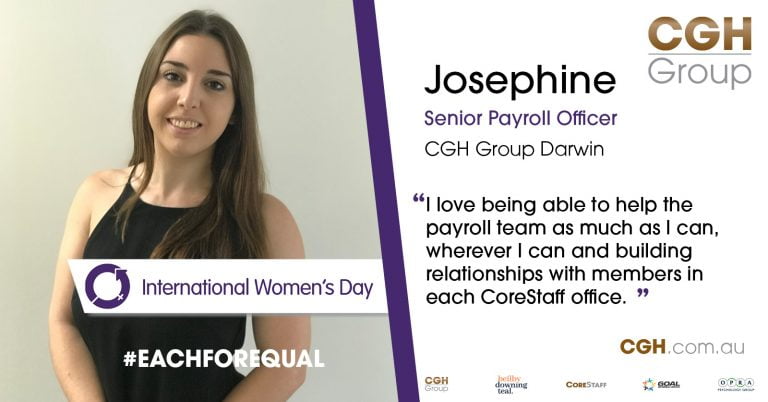Listen Up: How To Listen More Effectively At Work
It’s one of the senses that we take for granted. We do it all the time, all day long. Regarded as important by employers and colleagues alike, it’s a crucial soft skill. But are we any good at it?
We’re talking, of course, about listening.
Hearing versus listening
One of the main issues facing listening is the confusion of hearing and listening. Often used as synonyms, they are as different as glancing and reading. The first is merely the receipt of information. But to understand, interpret and act on information – that requires listening.
This is important in the office as so much communication is verbal: on the phone, across the table or at the watercooler. You need to listen to know what tasks to focus on or to hear feedback. Bad listening can lead to misunderstandings and conflict. But good listening can advance your career, and put you in good standing come promotion time.
Listening takes more than ears
Stephen O’Keefe, a deaf man, gave an excellent TEDx talk on how to listen better. His three main points were to listen with your attention, your eyes, and your heart. Efficient listening is more than just taking in information. The person you’re listening to must feel heard, and understood. After all, as little as 7% of communication is the content itself. Context and cues, like the speaker’s tone, volume and body language, all play a crucial role in effective listening.
Listening well takes time and commitment. But it’s a worthwhile investment to help improve your job performance and interpersonal skills.
How to fine tune your listening skills
It can be difficult to unlearn the unhealthy habits you’ve garnered over the years – especially with something so instinctive as listening. But we’ve got some top tips to help you improve:
- Eliminate Distractions:
Turn your mobile onto silent, close your laptop or turn away from any screens. If there is something that is diverting your attention, avert your eyes.
- Move the Conversation:
If the environment is disturbing your attention, try to take the conversation somewhere else. Somewhere you can give the speaker your full attention.
- Maintain Eye Contact:
If you’re keeping your eyes on the speaker, you’re less likely to get distracted by any external factors. And if your speaker feels they have your full attention, they’ll feel more confident. In turn. this improves their speech, making it easier to follow.
- Prepare Questions:
One of the best ways to digest information is to interact with. As you listen, think of relevant questions that could help solidify what you’ve just heard. This also demonstrates that you are paying attention.
- Take Notes:
If you’re in a meeting, jot down any important keywords or tasks. Or take down some quick recollections after a chat with a colleague. This helps you to focus on what they’re saying, and aids remembering.
- Agree or Acknowledge at Appropriate Moments:
A nod, ‘yes’ or ‘uh-huh’ shows that you’re listening intently. In doing so you’re showing respect to your speaker, and focusing your mind on paying attention.
- Practice Meditation:
The art of mindful meditation requires practice at staying focused. Brains get distracted by design, so by training yourself to keep focused in one activity will improve your ability.
With these tips, you can improve your listening skills, up your empathy and reap the rewards of being an attentive employee.









